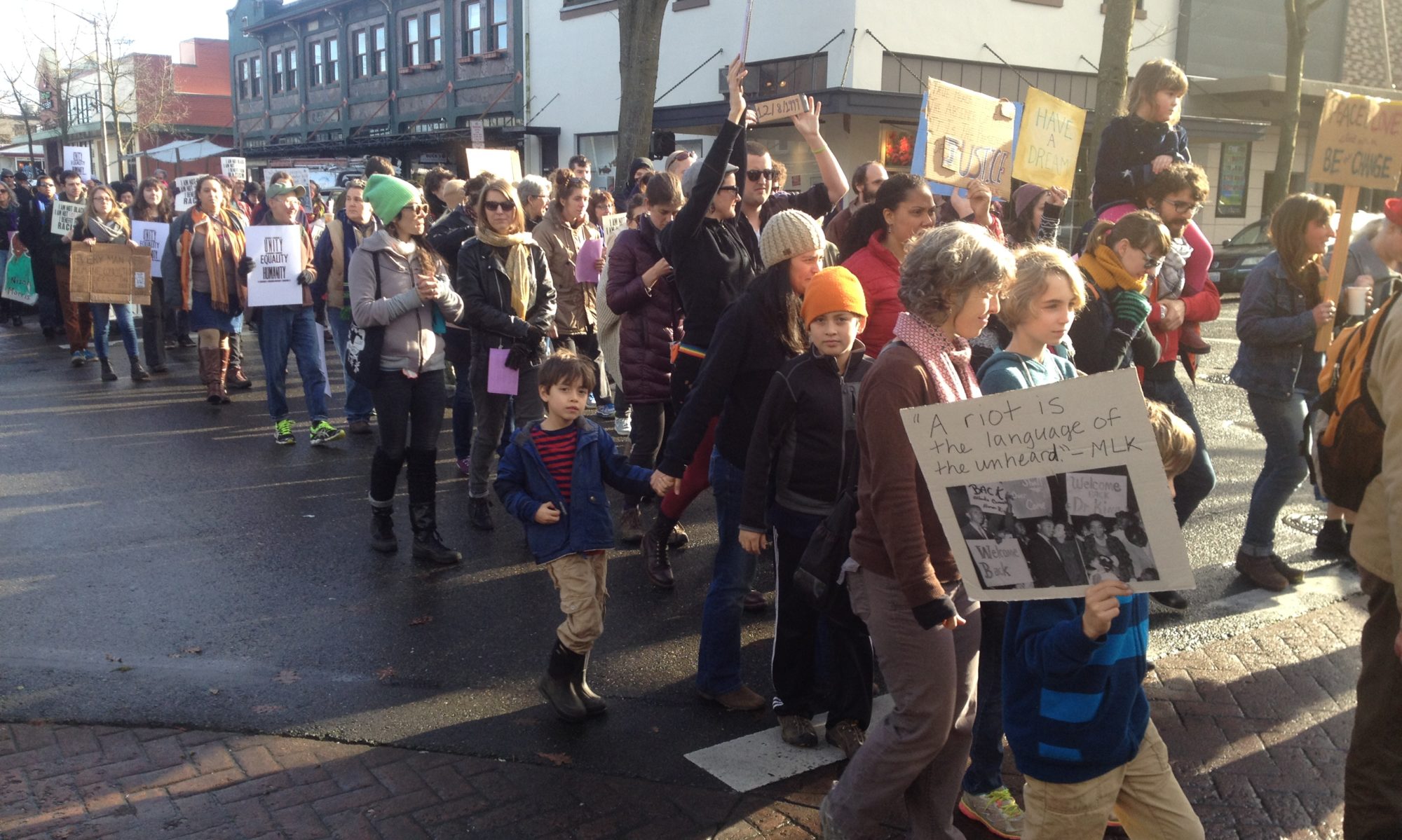History of POWER
What was WROC/What is POWER? by POWERDOWN
POWER was founded in the spring of 2007 by members and staff of the twenty-three year old Welfare Rights Organizing Coalition (WROC), as WROC prepared to close its doors. We have continued to organize low-income parents in Washington state, and as a result, Washington has won some significant victories in POWER’s young history. We have been here to protect all low-income families during the most dangerous time for families that our country has faced since the Great Depression. We are the only low-income-member-led organization in Washington state in the fight for economic justice.
Our mother organization, WROC, was part of a wider national movement of welfare rights groups that began organizing low-income parents in the 1960’s, working within both the women’s liberation and civil rights movements. At its height, the welfare rights movement had tens of thousands of members. This movement was organized largely by unpaid leaders who were themselves low-income mothers. The mothers of our movement worked double and triple shifts as unpaid caregivers, unpaid community organizers, and often also low-wage workers. We came together to build a better world for our children, where the traditional work of caregiving is honored, racial equity is acheived, and all people have opportunities. We have always been a multi-racial, cross-class movement, led by the poor.
This movement faced many set-backs in 40 years. Perhaps the worst of this was in 1996, when President Bill Clinton passed the Personal Responsibility and Work Opportunity Act, fulfilling his campaign promise to “end welfare as we know it”. Many families have suffered homelessness, perpetual poverty, and forced low-wage labor in inhumane conditions because of this “reform”, and many welfare rights groups lost funding and organizing power and were forced to close doors. The number of low-income parents accessing higher education dropped drastically.
WROC faced its final crisis in 2007, when its board membership dwindled, and Executive Director Jean Colman became critically ill with cancer. It soon became clear that WROC was not going to survive this crisis, and lacking a structure that supported new leaders, it closed its doors. Former staff and members of WROC wanted to continue WROC’s important work, with a strengthened commitment to being member-led and responsive to the new welfare and economic realities. We set to work crafting a new organization, benefitting from our long history of work with WROC, and improved by-laws to protect member control and build leadership within our constituency.
POWER’s history and influences include the African-American civil rights movement, women’s liberation movement, international human rights movement, welfare rights movement, and reproductive justice aka strong families movement. Each of these movements have their own rich history to draw on, and we learn from all their failures and triumphs as we move forward towards our vision of a world where children and caregiving are truly valued, and the devastation of poverty has been eradicated.
